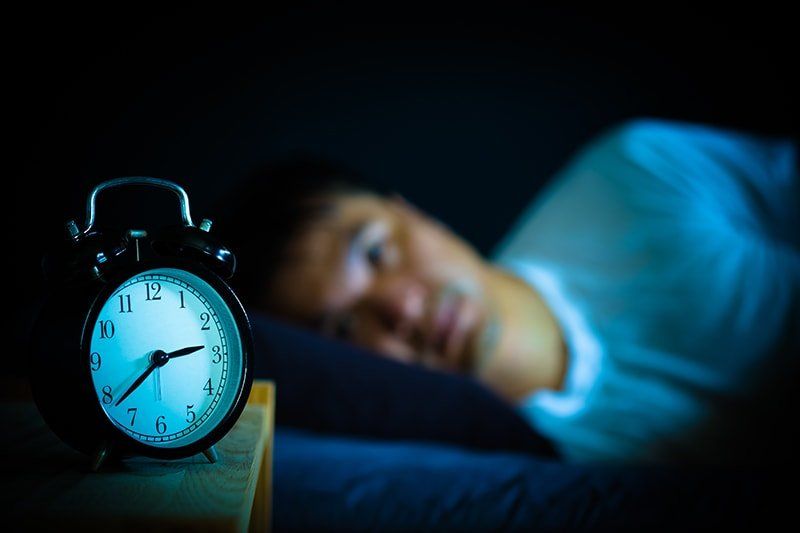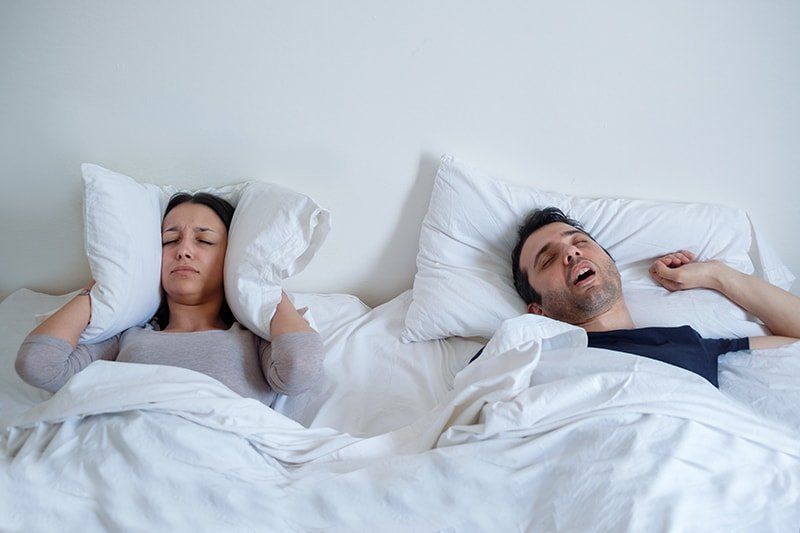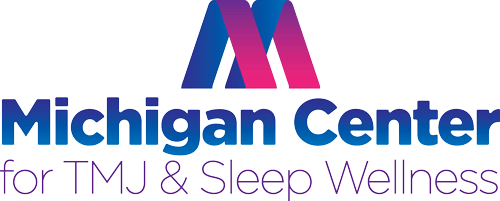Now seeing all patients, with enhanced safety protocols! Call (248) 480-0085
to schedule your appointment.
4550 Investment Dr. Suite 290 | Troy, MI 48098 |
(248) 480-0085
Second Opinion for Sleep Apnea
Sleep apnea is a potentially deadly condition, but it’s also highly treatable. The problem is that most people who have it don’t know they have it. That’s why screening and diagnosis are so critical. Once you have been diagnosed with sleep apnea, there are many treatment options available, and your doctor might recommend a treatment that you either don’t want, can’t tolerate, or you think might be risky. It's always a good idea to get a second opinion on any medical treatment.
That’s why it’s important to get a second opinion about your sleep apnea diagnosis or treatment options. At the Michigan Center for TMJ and Sleep Wellness, we can help you get a second opinion on your sleep apnea. Please call (248) 825-8277
today for an appointment.
Why Get a Second Opinion?
The only way to properly diagnose sleep apnea is with a sleep study. However, your doctor might not refer you for a sleep study because they are using a flawed screening instrument or perhaps they don’t understand the significance of sleep apnea. If you are having trouble getting a sleep study, we can refer you to a sleep doctor who will make sure you get tested.
There are two types of sleep studies. Usually, people take a home sleep test. This works for most people, but it might not work for you. If there are reasons to believe your sleep study wasn’t accurate, we can help you get a test in a sleep lab.
There are two types of sleep studies. Usually, people take a home sleep test. This works for most people, but it might not work for you. If there are reasons to believe your sleep study wasn’t accurate, we can help you get a test in a sleep lab.
Sometimes, there might be problems interpreting your sleep study. If you’re unsure that your doctor has properly interpreted the results of your sleep study, we can refer you to a second sleep doctor who will look them over.
We understand that it can be hard to accept a sleep apnea diagnosis, especially if you’re not in the typical patient profile for the condition, but if your second opinion confirms the condition, you have to take it seriously.
Sleep Apnea Symptoms
It can be hard to diagnose
because it occurs while you’re asleep. However, during the day you may notice a number of symptoms, such as:
- Sleepiness
- Waking up short of breath
- Morning headaches
- Dry mouth on waking
- Tendency to fall asleep during work or while driving
- Waking up unrested
- Moodiness or irritability
- Sadness
- Memory problems
- Concentration difficulties
- Weight gain or inability to lose weight
During the night you may also notice that you are:
- Waking up frequently to urinate
- Having recurring nightmares
- Irritating your partner with your snoring
Finally, many people are diagnosed with a number of dangerous illnesses that either go along with or are caused by sleep apnea, such as:
- High blood pressure
- Heart failure or arrhythmia
- Stroke
- Diabetes
- Fatty liver disease
- Gastroesophageal reflux disease (GERD)
- Sexual dysfunction
- Depression or other mood disorders
However, the only way to definitively diagnose sleep apnea is with a sleep test that is interpreted by a sleep physician. Home tests are available or the test can be performed at a sleep center.

Understanding Sleep Apnea
If you’ve been diagnosed with sleep apnea, your doctor has likely prescribed you with CPAP (continuous positive airway pressure). However, there are many reasons why you should seek a second opinion on your treatment options.
Doctors Prescribe CPAP Reflexively
For many doctors, there’s only one treatment for sleep apnea: CPAP. They prescribe it routinely without considering whether the treatment is right for you or your condition. If you feel like your doctor didn’t evaluate your condition carefully, you should seek a second opinion.
Doctors Don’t Know Oral Appliances Are a Frontline Treatment
Another problem is that many doctors think oral appliances are only good as a backup treatment if CPAP fails. That’s not true: oral appliances are a frontline treatment for mild to moderate sleep apnea. The science supports this, and insurance companies endorse it--they will pay for an oral appliance as a frontline treatment.
Doctors Won’t Evaluate Your Airway
Doctors want to make sure you get an effective treatment. Since they might not have the tools, training, or time to evaluate your airway, they simply recommend the treatment that is most likely to work. (If you use it.) However, a simple airway evaluation can show whether you will benefit from an oral appliance. We can do this analysis and make sure you are getting the best treatment for you.
Doctors Don’t Think about Your Time and Expense
It’s a common problem that doctors prescribe treatments and medications without considering what they will cost you, and with CPAP that can be a lot. While your insurance company will cover some of the cost of your CPAP, you still have deductibles and co pays, not to mention the time and effort it takes to get your CPAP fitted and titrated.
Then you have to try to get used to it for several months. And if you’re not careful about returning your machine on time, you might end up getting stuck paying for a machine you can’t use. Sometimes it’s better to skip that time and expense and go right to a sleep apnea treatment you will use.
Please Contact Us for a Second Opinion
If you are unsure about your sleep apnea diagnosis or treatment options, we can help you get a second opinion. Please call (248) 825-8277
today to schedule your second opinion.
All Rights Reserved © 2020 Michigan Center for TMJ & Sleep Wellness | Website by Pro Impressions Marketing Group
| Sitemap


